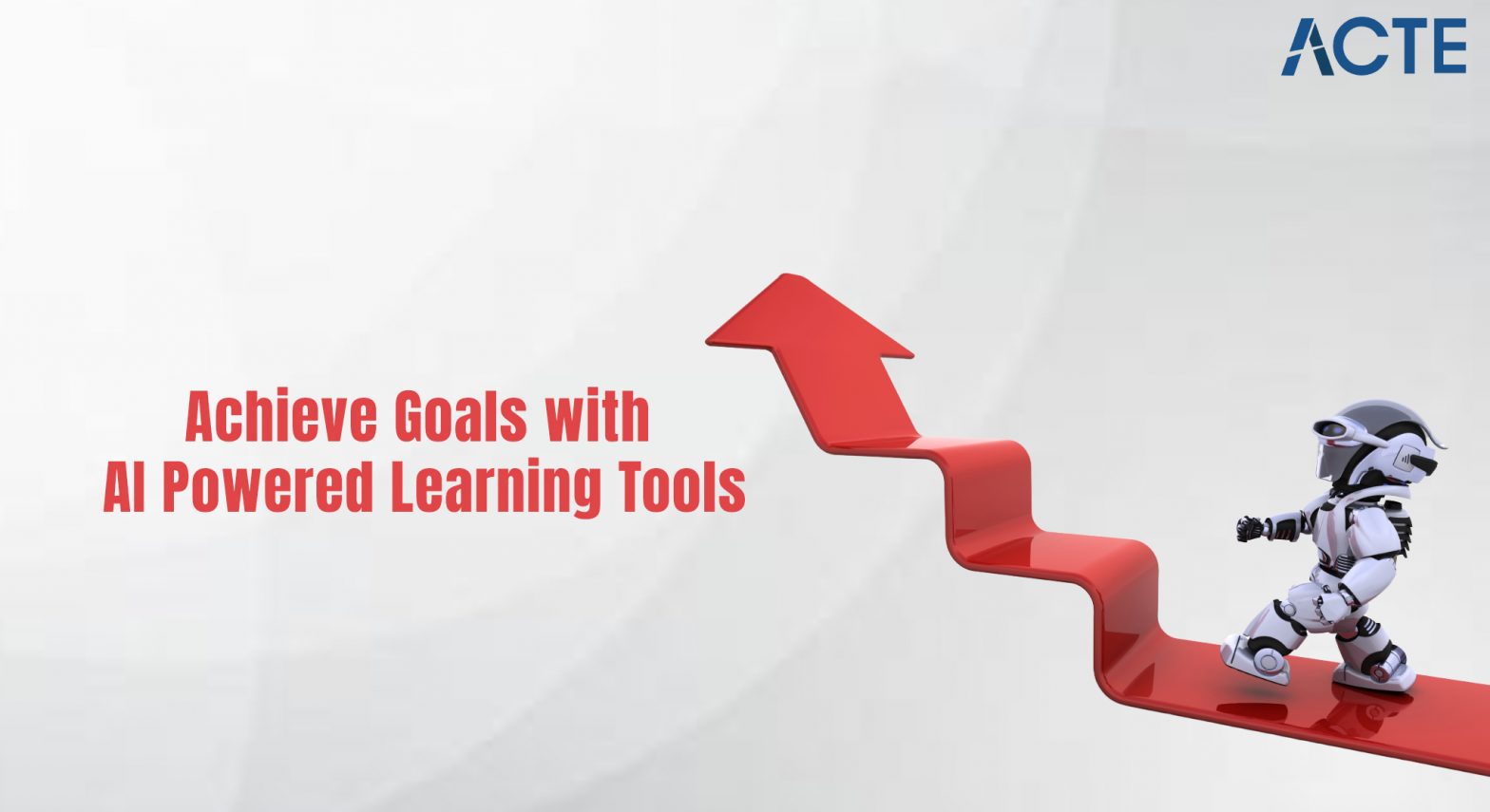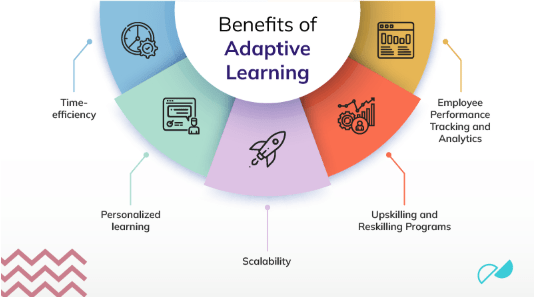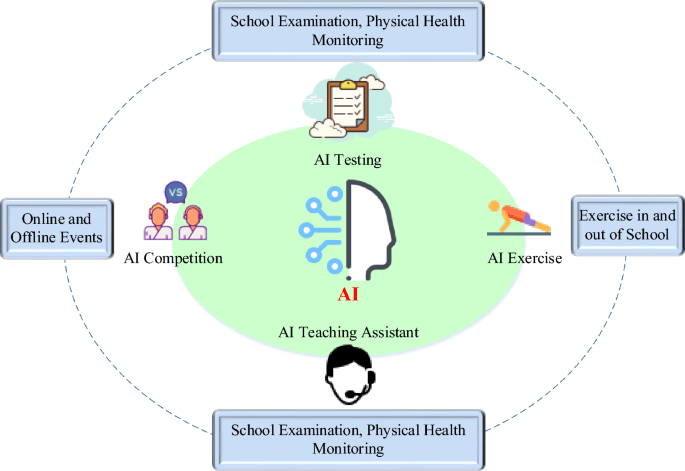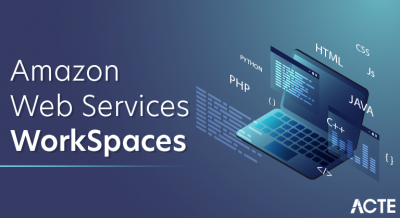
- Introduction to Smart Learning Techniques
- Importance of Adaptive Learning
- Leveraging Online Learning Platforms
- Using Microlearning for Efficiency
- Implementing Spaced Repetition Techniques
- Interactive and Gamified Learning
- Using AI-Powered Learning Assistants
- Personalized Learning Plans
- Enhancing Retention with Visual Aids
- Conclusion
Ready to Pursue Your PMP Certificate? View The PMP Course Offered By ACTE Right Now!
Introduction to Smart Learning Techniques
Innovative learning techniques have become absolutely essential for efficient knowledge acquisition and retention in today’s fast-paced and ever-evolving world. Unlike traditional learning methods, which can sometimes be rigid and one-size-fits-all, innovative learning focuses on personalized, adaptive, and technology-driven approaches. These advanced techniques make the entire learning process more engaging, effective, and flexible, ensuring it caters to the unique needs and preferences of each individual learner. Innovative learning leverages cutting-edge digital platforms, AI-based tools, and data-driven insights to optimize the learning experience. These technologies, including those used in PMP Training, enable more dynamic and immersive learning environments, where learners are empowered to take control of their educational journey. It promotes active participation, continuous feedback, and real-time assessments, helping ensure that learners stay on track, progress efficiently, and receive targeted support when needed. Furthermore, combining interactive content, adaptive methodologies, and personalized learning paths significantly enhances comprehension, practical application, and long-term retention. These innovative strategies allow learners to move at their own pace, revisit content as necessary, and adjust their learning paths based on performance and preferences.
Importance of Adaptive Learning
Adaptive learning is a vital component of innovative learning, focusing on customizing the educational experience for each learner. It uses Algorithm in AI and data analytics to assess the learner’s strengths, weaknesses, and progress, tailoring the content accordingly. This ensures that individuals receive targeted support in areas where they struggle while progressing faster in familiar topics. The importance of adaptive learning lies in its efficiency and effectiveness. It reduces learning fatigue by eliminating redundant material and provides personalized recommendations. Adaptive learning also enhances engagement and motivation by delivering content that aligns with the learner’s pace and capabilities, making education more inclusive and impactful.

Leveraging Online Learning Platforms
- Online learning platforms are pivotal in innovative education by offering flexible and accessible learning opportunities.
- Platforms such as Coursera, Udemy, and LinkedIn Learning provide various courses catering to different skill levels.
- These platforms offer interactive modules, video lectures, quizzes, and certificates, integrating Machine Learning Techniques to make learning comprehensive and credential-focused.
- Leveraging online platforms allows learners to study independently, access expert-led courses, and choose topics relevant to their career goals.
- Furthermore, features like discussion forums, peer reviews, and real-time feedback foster collaboration and improve the overall learning experience.
- Online platforms also track progress, helping learners stay motivated and on course.
Using Micro learning for Efficiency
Micro learning involves breaking down information into small, easily digestible chunks, making learning more efficient and less overwhelming. It focuses on delivering short lessons, videos, or quizzes, typically 5-10 minutes, to reinforce key concepts. This technique is particularly effective for skill-based and just-in-time learning. Microlearning offers several benefits, including faster knowledge retention, improved comprehension, and engagement, especially when integrated into E-Learning platforms. It is highly flexible, allowing learners to access bite-sized content on demand. Integrating microlearning into daily routines will enable individuals to maximize their productivity and continuously develop their skills without extensive time commitments.
Thrilled to Achieve Your PMP Certification? View The PMP Online Training Offered By ACTE Right Now!
Implementing Spaced Repetition Techniques
- Spaced repetition is a scientifically proven technique for improving memory retention by reviewing information at increasing intervals.
- It is based on the concept of the forgetting curve, which suggests that knowledge fades over time unless it is reinforced. Spaced repetition systems (SRS), such as Anki and Quizlet, use algorithms to schedule reviews at optimal times.
- This technique enhances long-term retention by preventing information decay. It is beneficial for learning new languages, memorizing facts, or preparing for exams.
- Learners can retain information more effectively with less effort than cramming by spacing out revision sessions.
Interested in Pursuing PMP Master’s Program? Enroll For PMP Master Course Today!
Interactive and Gamified Learning
Interactive and gamified learning makes education more engaging and enjoyable by incorporating game elements and interactive features. Gamification uses points, badges, leaderboards, and rewards to motivate learners and promote healthy competition. Interactive learning, on the other hand, involves simulations, quizzes, and hands-on activities that enhance comprehension. Gamified learning boosts motivation and retention by tapping into the learner’s intrinsic desire for achievement. It also fosters problem-solving skills and encourages experimentation. Tools such as Kahoot!, Duolingo, and Quizizz utilize gamification to make learning fun, interactive, and practical.

Using AI-Powered Learning Assistants
- AI-powered learning assistants are transforming education by offering personalized support and real-time feedback.
- These assistants use machine learning algorithms to understand individual learning patterns and recommend customized content. Examples include Google Assistant, IBM Watson, and Best AI Chatbots integrated into learning platforms.
- AI assistants enhance the learning experience by answering questions, explaining, and offering practice exercises.
- They also track progress and suggest improvement areas, making learning more efficient. AI-powered tools facilitate on-demand learning, allowing students to access information anytime, anywhere.
Preparing for a PMP Job Interview? Check Out Our Blog on PMP Interview Questions & Answer
Personalized Learning Plans
Personalized learning plans (PLPs) cater to individual learners’ needs by customizing the curriculum and learning pace. PLPs are created based on learners’ goals, skills, and performance, ensuring the content aligns with their objectives. This approach enables learners to focus on areas requiring improvement while progressing through familiar topics more quickly. Personalized plans also include adaptive assessments and feedback mechanisms that adjust the learning path based on progress. This method enhances knowledge retention and engagement by providing a tailored educational experience, such as in PMP Training. It also fosters self-directed learning, empowering individuals to take ownership of their learning journey.
Enhancing Retention with Visual Aids
- Visual aids such as diagrams, infographics, charts, and mind maps significantly enhance knowledge retention and comprehension.
- Research shows that visual learning improves memory by helping individuals associate information with images. Visual aids simplify complex concepts, making them easier to understand and recall.
- Using tools like Canva, Lucidchart, and MindMeister, learners can create visual representations of information, improving organization and retention.
- Incorporating visual elements, such as Infographics in Project Management, into study materials also boosts engagement and information recall, making learning more effective.
Conclusion
Smart learning techniques offer innovative, transformative, and highly efficient approaches to modern education, significantly enhancing knowledge acquisition, comprehension, and retention. By leveraging adaptive learning methods, interactive online platforms, gamification elements, and personalized learning plans, individuals can effectively achieve their learning objectives and tailor their educational journeys to their unique needs and preferences. These techniques empower learners to engage with content in a more meaningful way, allowing them to progress at their own pace while maintaining high levels of motivation and focus. Incorporating cutting-edge AI-powered tools, immersive visual aids, real-time feedback mechanisms, and advanced collaboration methods, including those used in PMP Training, further enriches the learning experience, making it more dynamic and engaging. These tools not only provide personalized support but also encourage learners to develop critical thinking and problem-solving skills in real-world contexts. Mastering essential skills like time management, organization, and goal-setting coupled with measuring outcomes and tracking progress ensures consistent improvement, personal growth, and long-term academic and professional success. By using data-driven insights, learners can pinpoint areas of strength and areas that require further attention, making the process more targeted and efficient. With these innovative learning strategies, individuals can continuously enhance their skills, stay competitive in a fast-paced environment, and achieve their academic, career, and personal development goals in today’s dynamic and ever-evolving world.


